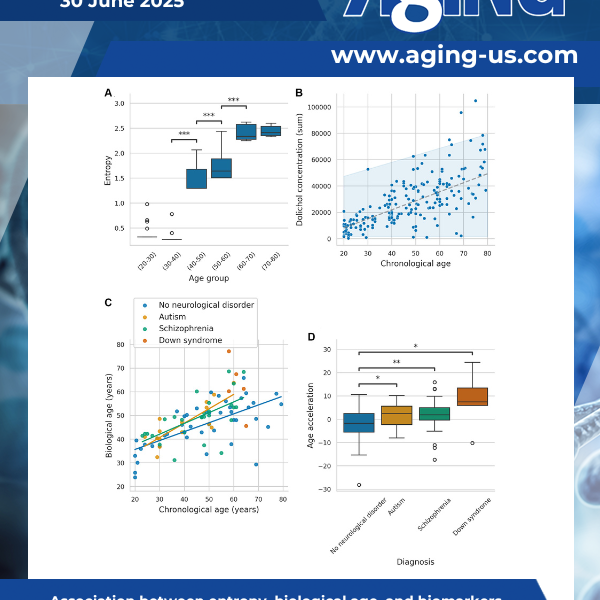This study introduces DoliClock, a lipid-based biological aging clock designed to predict the age of the prefrontal cortex using post-mortem lipidomic data. Significant age acceleration was observed in autism, schizophrenia, and Down syndrome.
Aging (Aging-US) Research
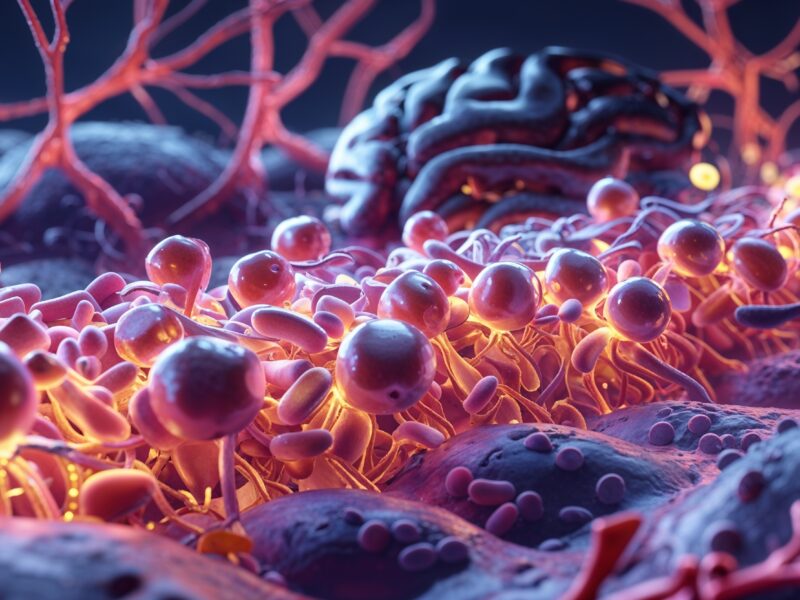
As we age, our brains become more sensitive to stress and disease. A recent study sheds light on a lesser-known risk: reduced oxygen levels.
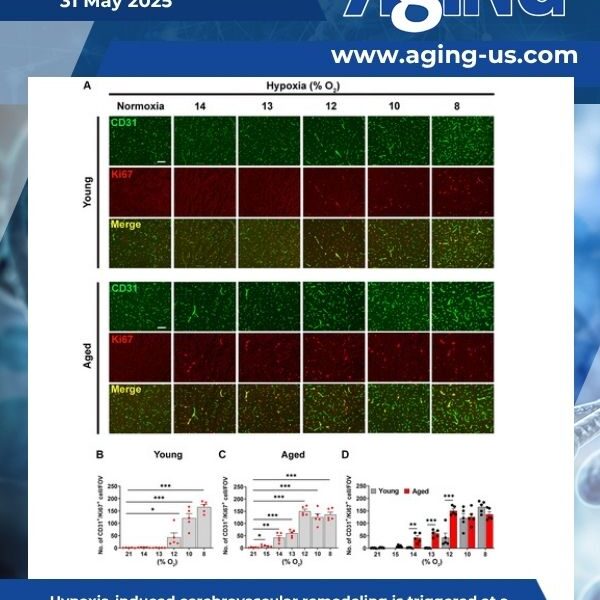
Chronic mild hypoxia (CMH; 8% O2) triggers transient blood-brain barrier (BBB) disruption, an effect greatly increased with age. As BBB disruption predisposes to neuronal death and cognitive decline, here we defined the hypoxic thresholds that trigger BBB breakdown in young and aged mice, and then defined the age at which hypoxia-induced BBB disruption significantly increases.

In a world where we are living longer but not always healthier, scientists are searching for ways to add life to our years, not just years to our lives. A recent study published in Aging (Aging-US), Volume 17, Issue 4, led by researchers at the National University of Natural Medicine, suggests that certain common foods, already known for their health benefits, might also help slow or even reverse epigenetic or biological aging.

Werner syndrome is a rare condition marked by accelerated aging. A recent study, featured as the cover paper in Aging (Aging-US), Volume 17, Issue 4, led by researchers at the University of Oslo and international collaborators, suggests that nicotinamide adenine dinucleotide (NAD+), a vital molecule involved in cellular energy production, may be key to understanding this disease and developing future strategies to manage it.
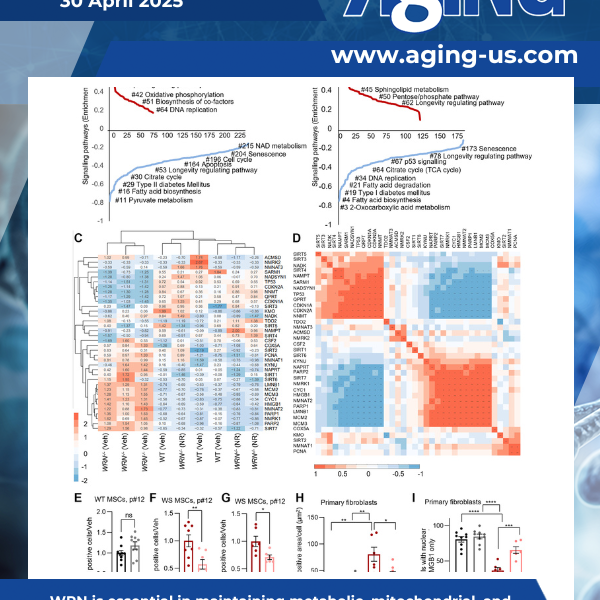
Werner syndrome (WS), caused by mutations in the RecQ helicase WERNER (WRN) gene, is a classical accelerated aging disease with patients suffering from several metabolic dysfunctions without a cure.

Breast cancer survivors are living longer than ever, thanks to research and medical advances, but new studies suggest that some treatments may come with a hidden cost: accelerated aging. A recent study, titled “Accelerated aging associated with cancer characteristics and treatments among breast cancer survivors,” published in Aging (Aging-US), reveals that breast cancer and its treatments may speed up biological aging, with effects lasting up to a decade post-diagnosis.
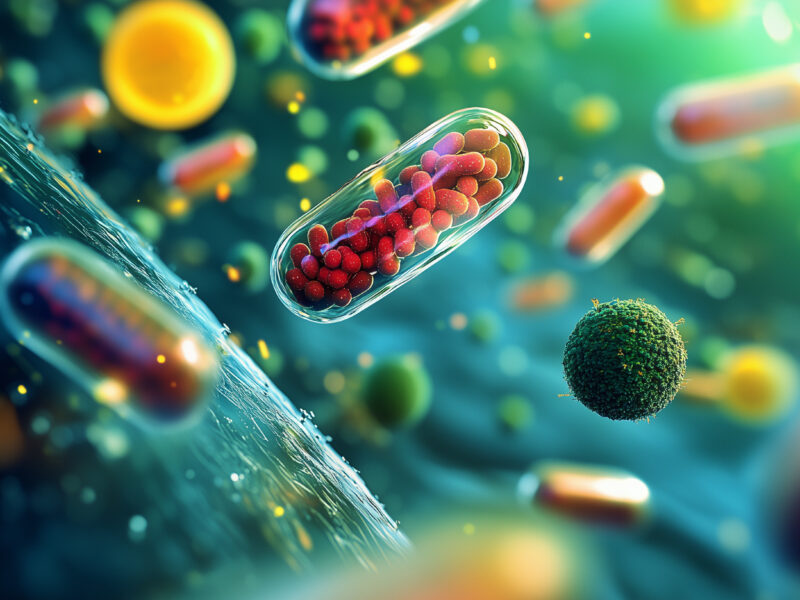
Could a class of drugs that clear aging cells also help treat Alzheimer’s disease? A recent study, featured as the cover for Aging (Volume 17, Issue 3), titled “Differential senolytic inhibition of normal versus Aβ-associated cholinesterases: implications in aging and Alzheimer’s disease,” suggests they might—and with remarkable precision.

Could the air we breathe, the food we eat, or the chemicals in our everyday environment be accelerating our aging process? A recent study published in Aging suggests that exposure to certain environmental chemicals may be linked to faster biological aging through changes in DNA. These findings could have major implications for public health and longevity.
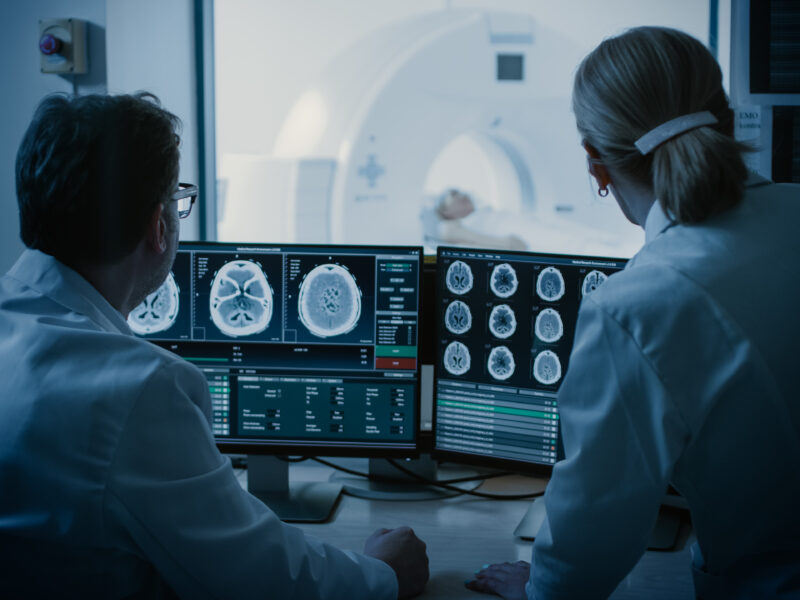
Radiation therapy or radiotherapy, is a common treatment for cancer, but its effectiveness differs across patients. A recent study published as the cover for Volume 17, Issue 2 of Aging explored why this happens. The findings provide valuable insights, particularly for brain cancers like glioblastoma (GBM) and low-grade gliomas (LGG).

